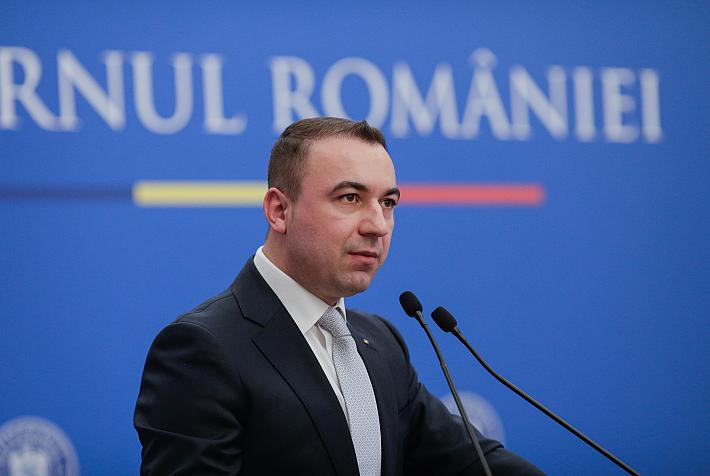Romanian Government detonates “fiscal nuke”: major tax cuts in plan

Romania’s Government plans to cut major taxes, including the VAT, the excises, the social security tax and the flat tax on individual revenues and company profits, in the next five years. The changes are part of the Executive’s “Plan for Fiscal Relaxation in Romania 2016-2020”, which became public on Wednesday, February 18, 2015.
The Government presented its new Fiscal Code draft, which will be open for public debate in the following months. Prime Minister Victor Ponta said he wished The Parliament would vote this new Fiscal Code before its summer vacation and that it would become effective starting January 1, 2016.
The PM’s economic advisor Cristian Socol wrote on his Facebook page that this Fiscal Code draft is the Government’s “fiscal nuke”.
The main changes the Government proposed are as follows:
1. The VAT cut from 24% to 20% for all goods and services, starting January 1, 2016. The VAT cut from 24% to 9% for meat, fish, vegetables and fruits, also beginning January 1, 2016. An additional VAT cut, from 20% to 18%, starting January 1, 2018;
2. The reduction of the flat tax on individual revenues and company profits from 16% to 14%, starting January 1, 2019;
3. The elimination of the tax on dividends paid by Romanian companies (currently 16%), starting January 1, 2016;
4. The social security tax cut, both for employees (from 10.5% to 7.5%) and employers (from 15.8% to 13.5%), starting January 1, 2017;
5. The removal of the tax on special construction (currently 1%), starting January 1, 2016;
6. New taxation system for micro enterprises, based on their number of employees, starting January 1, 2016;
7. The excise tax cut for fuels, alcohol, and other products, also beginning January 1, 2016;
8. The increase in local taxes (mainly taxes for properties paid to local budgets).
With these fiscal changes, the Government aims to improve Romania’s economic competitiveness, to favour new private investments, both domestic and foreign, to reduce tax evasion and the black economy and to strengthen local authorities, finance minister Darius Valcov said before the Government meeting on Wednesday.
However, he didn’t say how the Government will cover for the budget impact of these tax cuts. The tax cuts that should become effective in 2016 would reduce budget revenues by some EUR 3.66 billion (some 15% of the budget revenues estimated in 2015).
The Government says the tax cuts will contribute to increasing the tax base, which should bring EUR 2.12 billion in new revenues. However, it’s not clear how it will compensate for the remaining EUR 1.54 billion.
The Government expects the tax cuts to contribute by 1.7 percentage points to Romania’s GDP growth, in 2016, and to increase private consumption by 1.9 percentage points. These measures should also help create 325,000 new jobs.
Andrei Chirileasa, andrei@romania-insider.com












